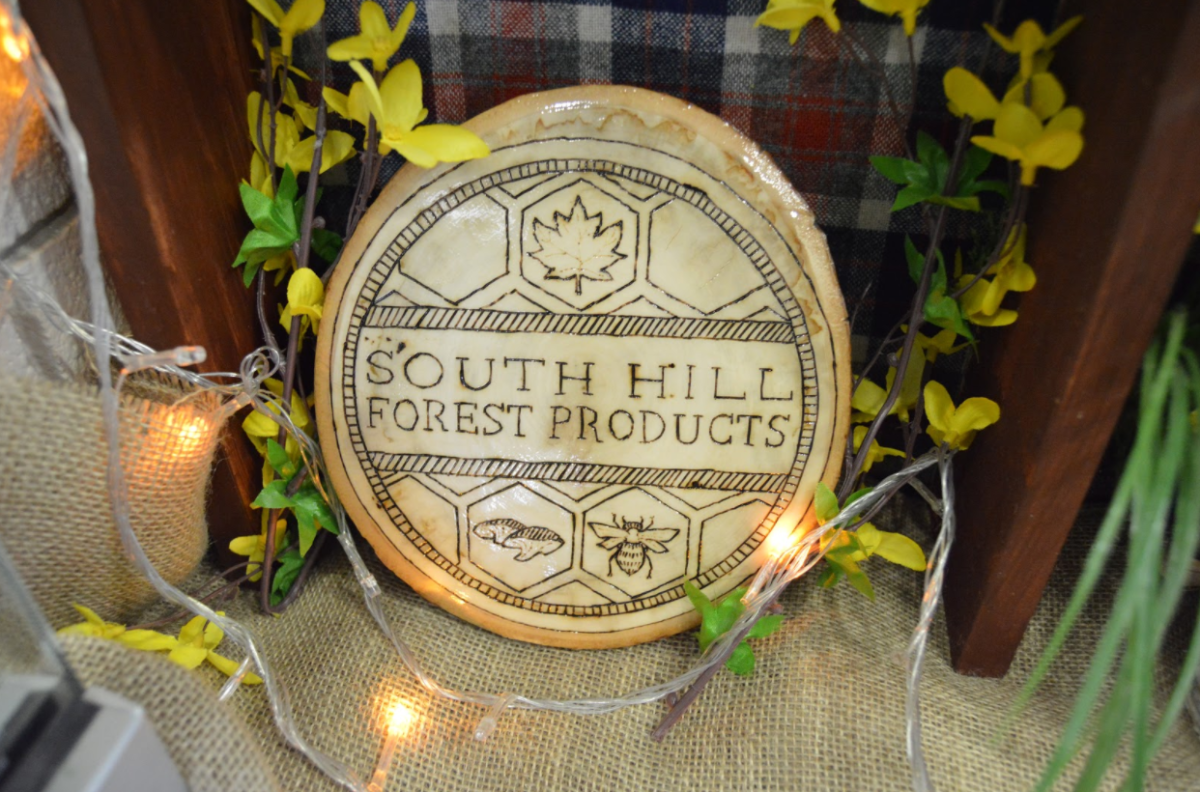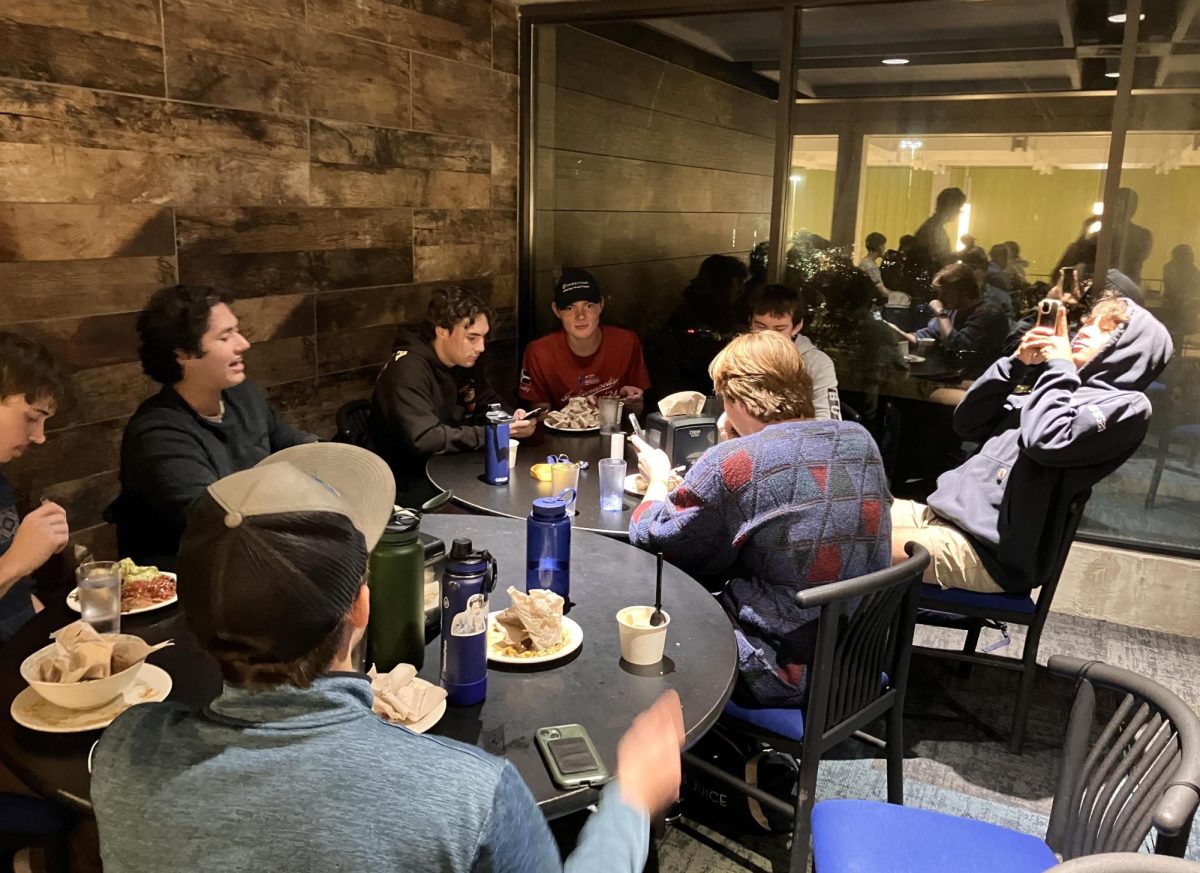Since 2007, Ithaca College students in the Non-Timber Forest Products course have traded in the traditional college classroom experience for a more hands-on approach, becoming creators and entrepreneurs of non-timber products.

The course meets as a group once a week for a four-hour business meeting for South Hill Forest Products, a student-run company that produces all-natural maple syrup, honey and edible oyster mushrooms along with other products for purchase online and at many local businesses.
Katy Stringer, a senior environmental studies major and teaching assistant for the course, said that the projects completed are unique because they are student-conceived.
“The students are operating as employees of the business as well as to some degree, their own managers,” said Stringer. “They are the ones who are doing all the labor, as well as finding the consumers who are going to purchase these products.”

In order to maintain the business and expand beyond the products they already create, students participate in projects and workshops that teach how to make wood carvings, maple syrup, soaps and salves.
Sam Donato, a senior environmental studies major and teaching assistant for the course, said that students on any given day might work on one or two teams focusing on different aspects of the company.
“A day in this class could find you deep in the woods somewhere, or in the lab working on paper or somewhere around town searching for products,” Donato said.

Much of the budget for this business and class is funded through the Environmental Studies Department.
“Every year we do make a decent amount of money through selling our products to various local businesses and consumers but we also use a great deal of money,” Stringer said. “The cost is high but in experiential knowledge it’s rich.”
The most popular product the company produces is maple syrup. Tori Chamberlin, a senior environmental studies major and teaching assistant for the class, said that a typical boil lasts a day or two. This year, the group started their boil on a Sunday and continued outside boiling until the following Thursday.

“It’s a really neat opportunity to be out in the woods with people who you might not be familiar with,” Chamberlin said. “This year we had a 100 hour boil, and 100 hours later, you come out as best friends – it’s a great teamwork and team building activity.”
Donato said the production of maple syrup is the most intensive but most rewarding experience.

“It’s constantly got us moving: doing cool things in the forest, sitting by fires, boiling maple syrup, collecting it from trees, filtering it and bottling it,” Donato said. “The whole process is very inclusive and intensive, but very fun.”
South Hill Forest Products will hold its annual Maple Open House on April 23, 2017 that will showcase the sugar bush and provide tours, games and food.













